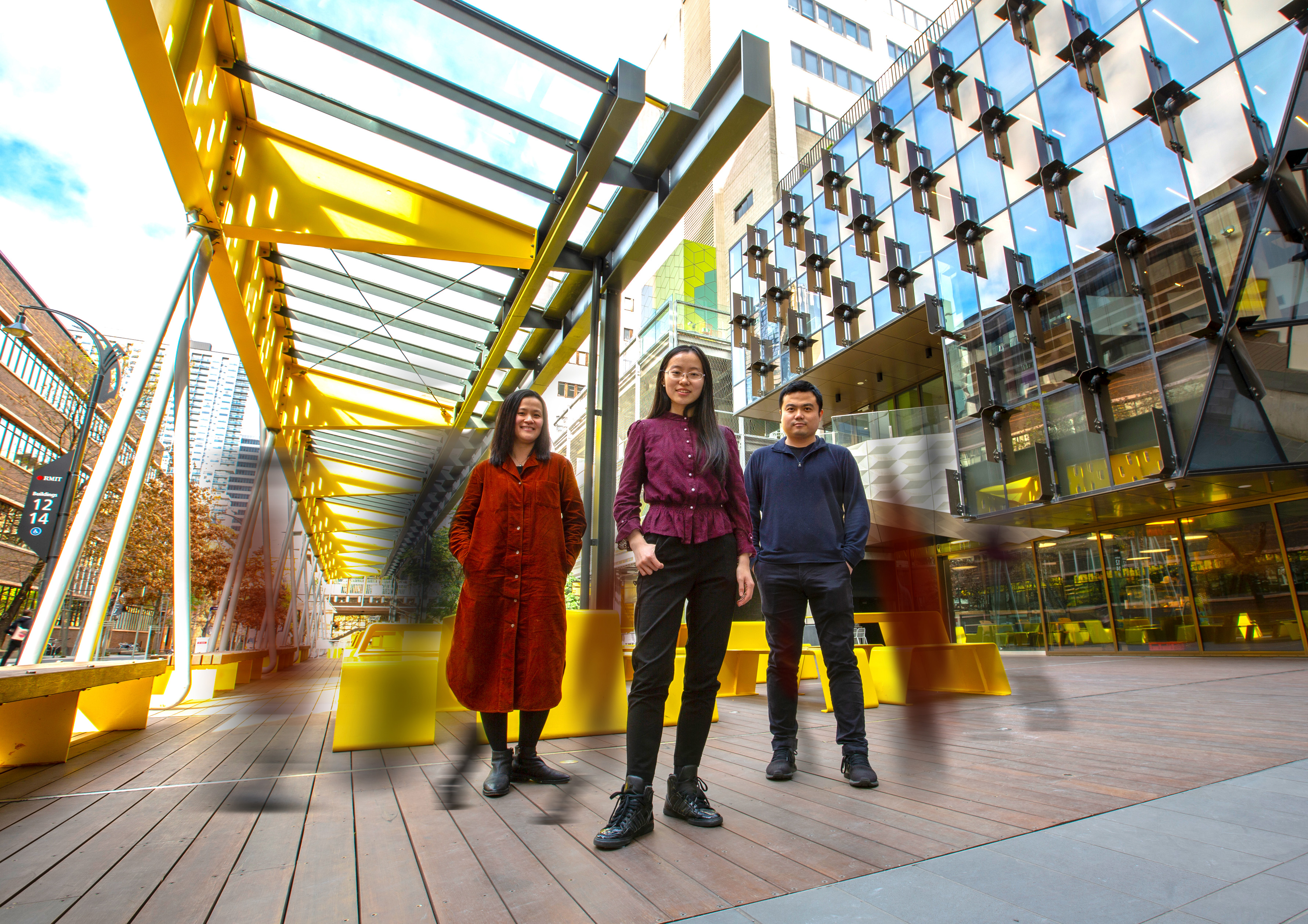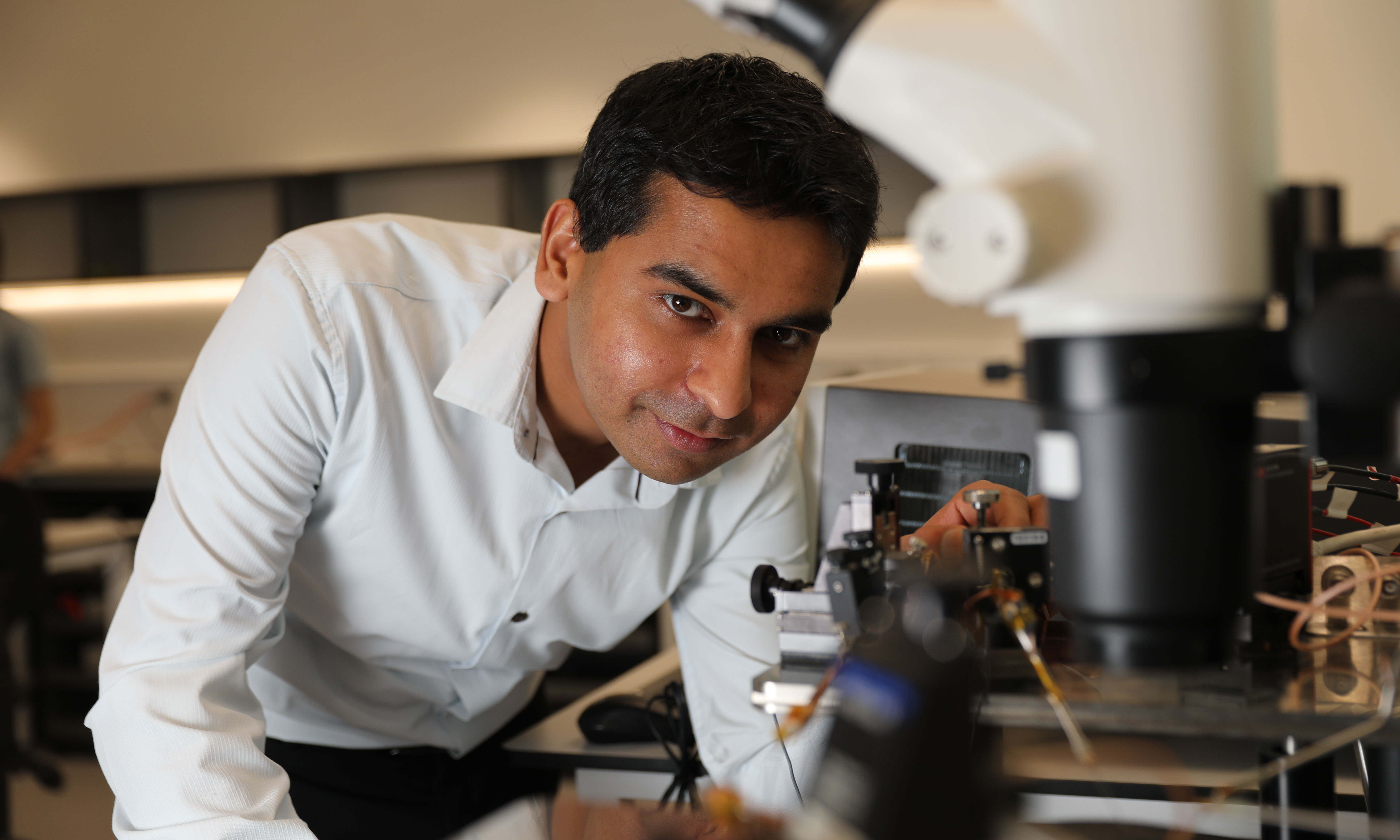RMIT set to be the first Australian university to implement a dedicated cloud supercomputing facility on AWS to boost research capabilities
RMIT is set to become the first Australian university to implement a dedicated cloud supercomputing facility on Amazon Web Services (AWS) to drive digital innovation in research and education at scale.
RMIT researchers win prestigious 2018 Victoria Fellowship
RMIT researchers Sumeet Walia and Flora Salim have been awarded Victoria Fellowships for their outstanding work in nanotechnology and data science respectively.
Global study on the impact of social media for citizen engagement
RMIT and Oslo Metropolitan University researchers are studying the use of social media to support citizen participation in local government in a study funded by The Research Council of Norway.
New blockchain courses to address skills gap
With blockchain expertise in high demand, but considerable gaps preventing this demand from being met, RMIT has announced two new courses to provide students with these necessary future skills.





